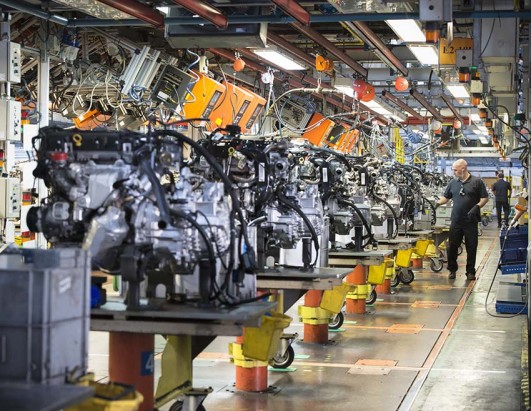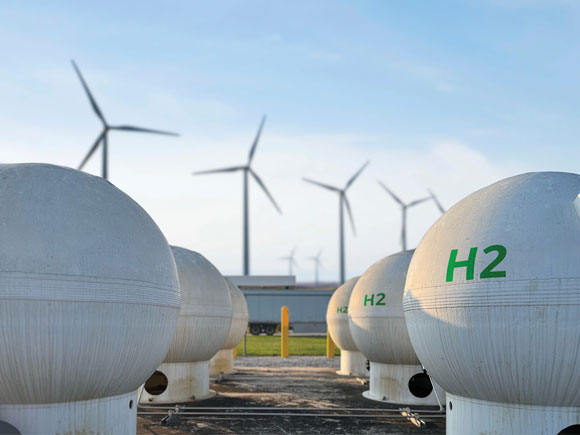1 A neoclassical view of the world
The neoclassical view assumes that economic growth is constrained only by the factors of production and human ingenuity in pushing the technological frontiers that can drive increasing productivity. This is an example of technological optimism, and gives importance to the notion of capital as manufactured capital, such as factories, machines, and intellectual property, and to some extent human capital (the skills and expertise of the labour force). Neoclassical economists do also recognise other forms of capital as drivers of human potential and well-being, for example social capital (the networks and institutions that support human activity) and natural capital.
Natural capital can be viewed as the stock of all resources the earth provides and its ‘carrying capacity’, meaning its ability to support life and absorb the adverse outputs that flow from economic activity, such as pollution. Some types of natural capital, such as oil and gas reserves, are finite stocks. With others, such as forestry and fish, it may be possible to replenish or increase the stock.
However, when faced with the depletion of an input to production, or a type of capital, neoclassical economics assumes that different forms of capital are substitutable, enabling future generations’ needs to be met with different products and different consumption patterns from today. This assumption is sometimes called weak sustainability (Neumayer, 2013). It recognises that current generations should pass on as at least as much capital as we have today to future generations but is unconcerned about the composition of that capital, so does not argue for any particular protection for natural capital.
Activity 1: Weak sustainability and your holidays
Current generations often fly to tropical holiday destinations. But this practice may stop being sustainable. What do you think neoclassical economists would have to say if this is no longer available at a price most families can afford?
Discussion
Future generations might derive equivalent utility from virtual-reality journeys. It is assumed that the price mechanism will bring about the transition. For example, the eventual increasing scarcity of fossil fuels may drive up the price of air travel deterring consumption of overseas vacations and causing a shift in preferences towards other forms of leisure activity.
The neoclassical approach to economics, which dominates global activity and politics in the first quarter of the twenty-first century, takes a pragmatic view of natural capital as a source of ecosystem services. These include inputs into the production process. Many of these natural inputs – that draw down the stock of resources such as oil, gas, metals, timber, cattle, fish, and so on – are the subject of ownership rights and so markets exist where ownership is traded for a price. Under certain conditions (if markets can be approximated by models of perfect competition), the price mechanism is deemed to ensure the most efficient allocation of resources to meet societies’ needs and wants.
However, economic efficiency is not achieved if the social net benefits (benefits minus costs) of economic activity diverge from the private net benefits. Such divergences are interpreted in the neoclassical approach as market failures that can be corrected. This is the realm of welfare economics associated with the British economist, Arthur Pigou (1877-1959). Divergences between private and social net benefits may occur because of externalities. Water pollution caused by industrial waste is an example of a negative externality. Conversely, scenic countryside can be a positive externality of farming. One of the main neoclassical solutions to externalities is to impose taxes or subsidies that adjust market price to bring the private net benefit into line with the social net benefit.
Other ecosystem services, such as pollination of crops, and the ability of the planet to absorb the waste products of production and consumption, including the greenhouse gases (GHGs) responsible for climate change, often are not owned privately and are freely available to all. They are the type of goods known as commons and public goods. Where the result is overuse or under-provision of these services ‒ market failure in the form of missing markets ‒ the neoclassical solution is to find ways to create markets for them, so that the price mechanism can be harnessed to redirect and regulate economic activity. This is the theory behind the creation, and trading, of carbon permits, which are artificial goods that represent the right to emit GHGs.

